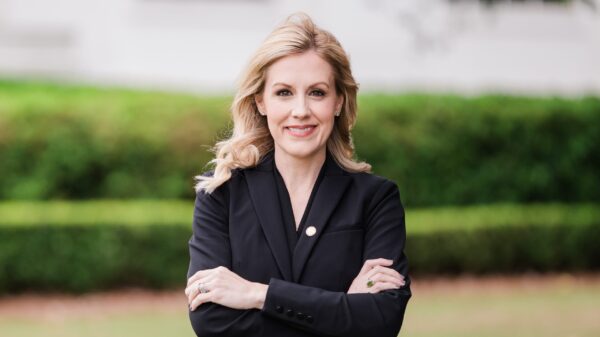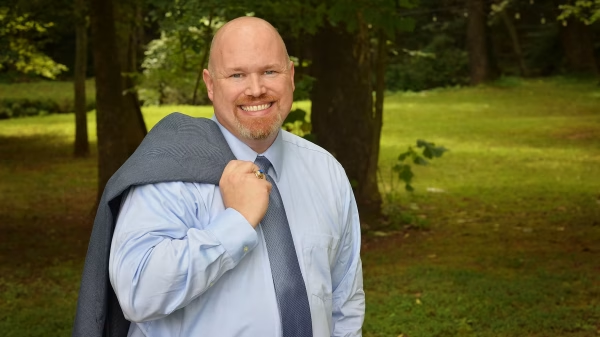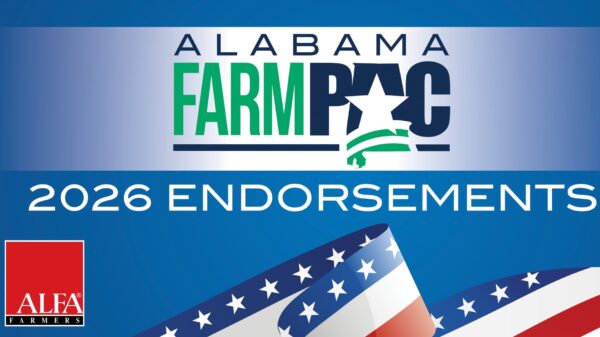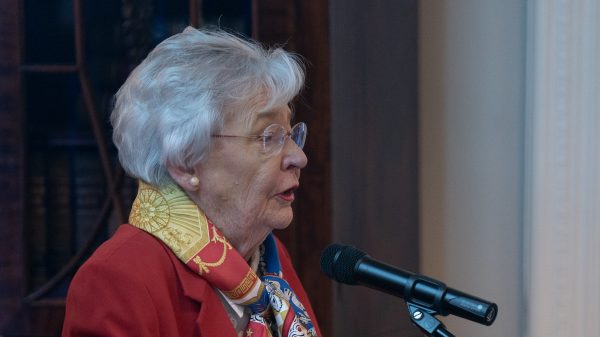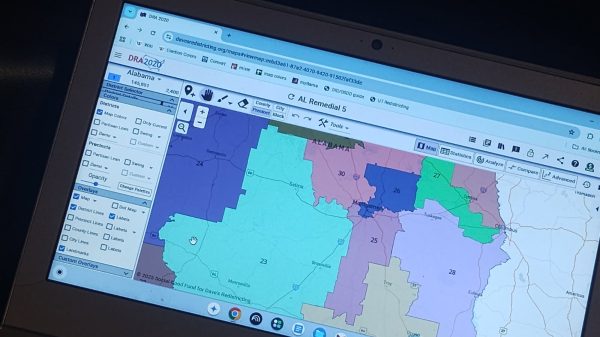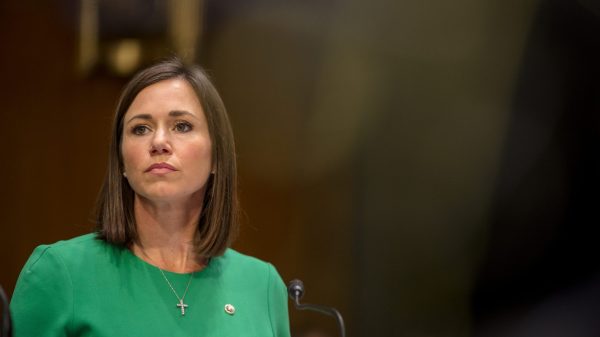Stop me if you’ve heard this: The gambling bill isn’t dead yet.
That’s right, the “grand deal” gambling bill that seemingly died in the Alabama Senate in the early days of the 2021 Legislative Session only to come roaring back to life a few weeks later, only to seemingly die again when it didn’t make it to the floor of the House before the end of the session, is now … probably coming back in a special session later this summer or early this fall.
Sources close to the negotiations over the bill have told APR that there is solid agreement that the bill — which would allow voters to legalize casino gambling at six sites, implement a statewide lottery and allow for sports wagering — has enough votes in both the House and Senate to pass — a key requirement from Gov. Kay Ivey, who would call for the special session. Ivey’s office wants the key players involved to iron out differences and for leadership from both houses and both parties to make some assurances that the votes are in place.
That shouldn’t be a huge hurdle.
The votes were essentially in place to pass the gambling bill in the final weeks of the session, with only a few minor points in contention. At one point, on the Thursday evening of the last full week of the session, there was an agreement in place on the bill. By that point, though, many lawmakers on the right felt that there wasn’t enough time to push the bill through.
So, they attempted a ham-handed switcheroo for a lottery-only bill. It failed before it even got started.
Now, we’re back to where things stood on that final day, with only one issue outstanding: what to do with the gaming facilities in Lowndes County.
Those two facilities were left out of the gambling bill, meaning they would be forced to close and Lowndes County would lose a fairly significant tax revenue source. The facilities also support a handful of charities in the county, as required by law.
Lowndes became a focus in the gambling negotiations because Republicans need Democratic lawmakers to vote in favor of the gambling legislation for it to have a chance. The numbers fluctuated, but somewhere around 15-20 Democrats were necessary for the bill to have a solid chance of passage.
It’s nearly impossible to get to that number if you’re asking Black lawmakers to vote for a bill that would eliminate jobs and revenue in a majority-Black county.
But there are options — one of which is to simply allow existing constitutional amendments that allow for Class II gaming (bingo) to remain in place. Such establishments wouldn’t seriously pull customers from full casinos but would still provide revenue to the local economies.
Whatever the solution, Democrats have indicated that they are willing to negotiate and find a resolution, because they want to see the gambling legislation passed. Mainly because it would generate revenue that would allow for several initiatives important to the party — like health care expansion in some form — to be implemented. It would also generate thousands of good paying jobs in economically depressed areas around the state.
Those initiatives, along with other infrastructure goals, are also important to Republicans. And that’s probably what’s most unusual about this bill — despite its numerous failures now, and the continued negotiations over what’s in it, the bill, and what it can mean for numerous districts around the state, is surprisingly popular with a majority of members from both parties. It’s also very popular with voters.
It should be.
Despite the rhetoric from a few people — most of whom were anti-gaming from the start or are being paid to undermine the deal — this is a good gambling bill. It brings in a large and sustainable amount of revenue, provides competition and almost assures future growth. And it does so with established, proven Alabama businesses that have been operating in this state for more than five decades.
And all of that is why this bill refuses to die.

